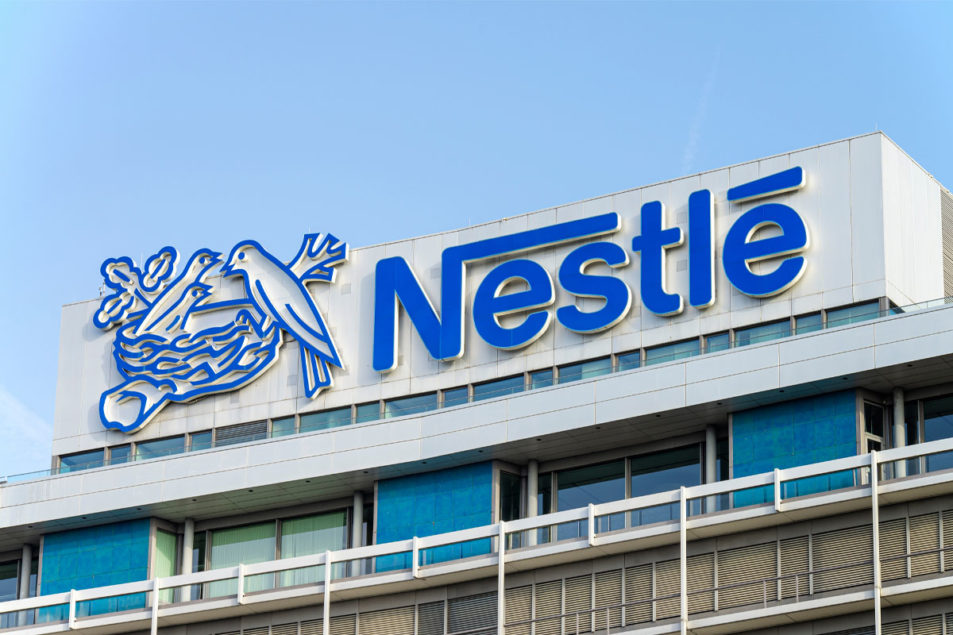
Nestle sees tough choices ahead
VEVEY, SWITZERLAND — Nestle SA’s stock-maintaining unit (SKU) rationalization system has advanced from a small-phrase initiative to a firm-broad strategic precedence. Administration is fully commited to enhancing the business’ economic effectiveness by accomplishing additional with fewer.
To begin with, Nestle sought to alleviate provide chain bottlenecks by decreasing product line complexity. The objective was to be certain the fastest turning SKUs ended up on shelf as marketplaces all-around the environment emerged from the pandemic.
“Once we started accomplishing that, we observed there was large guarantee in it, and we scaled it up and accelerated it very a little bit,” claimed Ulf Mark Schneider, chief government officer, in a Feb. 16 meeting phone to discuss yearly results. “And plainly, we observed that we have not finished that sort of physical exercise for a prolonged period of time.”
The concentration has now shifted from particular person SKUs in a line to brand names, segments and geographies, in accordance to the company.
“In circumstances wherever we can not offer a enterprise, we’re not frightened of going for walks absent from it as extensive as we do it right,” Mr. Schneider said.
As an example, he pointed to Nestle’s pending withdrawal from the Canadian frozen food current market.
“This is a ebook of enterprise of about CHF 150 million ($162.4 million),” Mr. Schneider said. “It’s a business that was not definitely sellable and not genuinely a winning proposition for the reason that we never have our individual nearby producing in Canada.
“These merchandise have been created in the US and then imported. And, obviously, by the time you might be talking transportation and you might be speaking forex, it was really hard to switch this a single into a winner. But we feel that strolling away from it and winding it down above a time period of two decades, though remaining a drag on RIG (true inside progress) and natural progress for the short term plainly will have substantial added benefits for the enterprise heading forward, and that is effectively what we’re interested in.”
The withdrawal is envisioned to be finished by 2024, according to the corporation.
Underlying Nestle’s SKU rationalization software is the perception that a much more concentrated organization will be a more lucrative organization.
“That’s fundamentally what we are soon after,” Mr. Schneider claimed. “So, that will contain some further more SKU products but that will also involve some divestitures about time so that we are even a lot more centered.
“We will continue on as a multi-classification diversified food items and beverage business, no question. But we believe that that the organization all round in that broader scope will benefit from even a lot more emphasis than in advance of.”
Internet revenue for the yr ended Dec. 31, 2022, was CHF 9.3 billion ($10.1 billion), equal to CHF 3.42 for every share ($3.70) on the prevalent stock, and down markedly from CHF 16.9 billion, equivalent to CHF 6.06 per share, the 12 months ahead of.
Objects impacting profitability involved forex and “significant value inflation” relevant to packaging, freight and electrical power fees as nicely as dairy and cereal components. Nestle also benefited from its disposal of its shares in L’Oreal in 2021.
Annual profits achieved CHF 94.4 billion ($102.2 billion), up from CHF 87.1 billion. Price tag improves supported considerably of the profits development.
“Looking at quantity, we observed an outstanding move-up in 2021 with growth almost three-moments better than historical concentrations in the context of elevated pandemic-related desire,” reported Francois-Xavier Roger, chief economical officer. “This exceptionally higher foundation of comparison and provide constraints negatively impacted our 2022 volume growth. Overall, the common quantity advancement for the very last two several years at 1{60d48124524c163d93bcaf9d238c122260f539381ea62c0bffb11c8cd8c23591} was only slightly decreased than pre-pandemic concentrations, reflecting constrained pricing elasticity to day.”
In 2023, Nestle is guiding organic and natural sales development among 6{60d48124524c163d93bcaf9d238c122260f539381ea62c0bffb11c8cd8c23591} and 8{60d48124524c163d93bcaf9d238c122260f539381ea62c0bffb11c8cd8c23591}.
“This will continue to be pricing led,” Mr. Schneider explained.